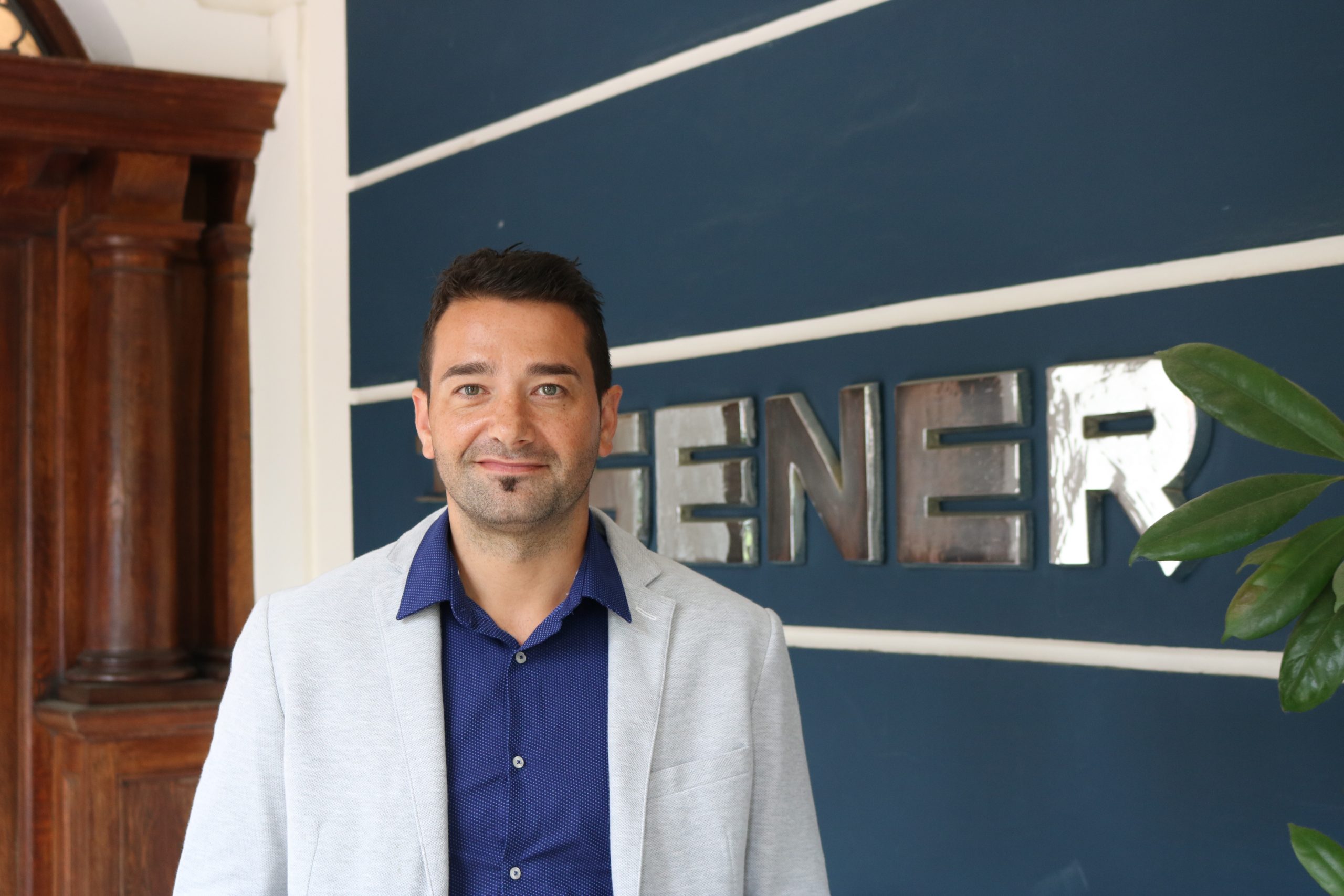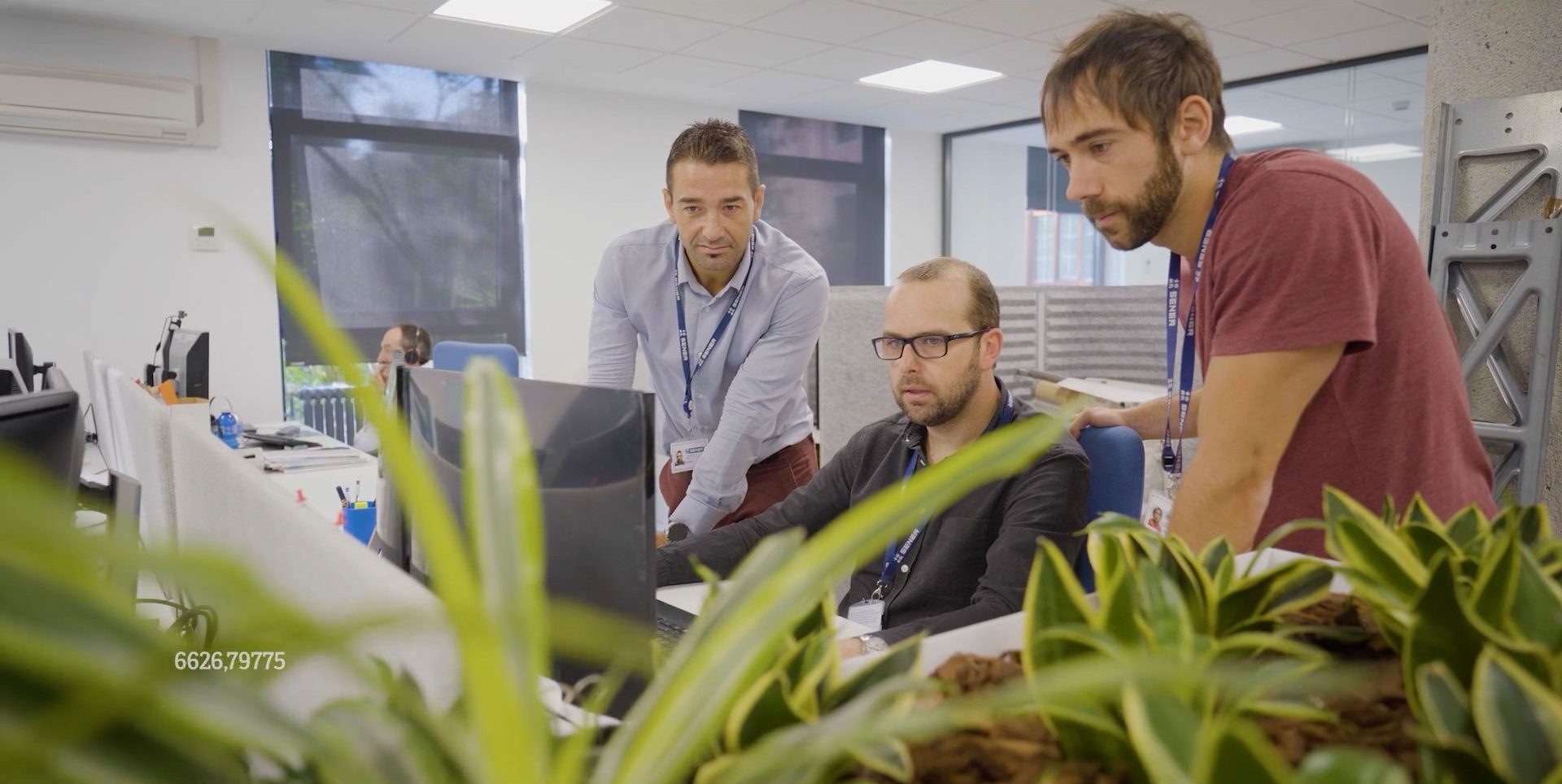
- Equality, diversity and inclusion
Categories:
We always relate the world of digital solutions to a mentality of entrepreneurship, innovation and freshness, and yet, that is already present in many other areas of technology. On the occasion of European Diversity Month, we talked with Alfonso Acuñas, Head of Advanced Digital Technologies, about the role that generational and cognitive diversity plays in business innovation, and which requires a greater diversity of viewpoints to achieve effective solutions.
How does diversity impact team management?
In our case, diversity is an added value, since it helps us with innovation processes, which require an initial divergence phase to create different points of view.
Currently, four generations coexist in the same workspace in companies, on the same teams. What advantages do you think this intergenerational coexistence offers?
All things digital are usually associated with new generations, but in the end, the digital aspect is just a means to give more value to the market. In our case, the basis continues to be what Sener has been contributing for all these years (engineering and technology), and for that we need different generations to collaborate with each other and provide diverse perspectives.
What are the strengths and shortcomings of companies when managing the transfer of knowledge between different generations?
Sener is very good at transferring knowledge between generations. It always has been, perhaps due to the need to work with various technologies that made it necessary to integrate multidisciplinary teams.
But one shortcoming could be the gap – in terms of terminology or understanding – between the digital aspect and the other technologies and tools that are available, which are many. But we are continuing to work to shrink this barrier.
It is said that cognitive and experiential diversity is related to innovation. How do you think the capacity to innovate conditions cognitively diverse teams?
As I said earlier, it is a major conditioning factor, since exploratory processes require divergence in the early stages, and diversity helps enormously.
The digital transformation is having an impact on the corporate culture of companies. What impact do you think it will have on equality, diversity and inclusion processes?
The impact will be enormous. The inclusion of new digital technologies and tools, which require the continuous adaptation of processes and people, can have an impact on the incorporation of certain groups. That is why it is important not to leave anyone out and get them involved in this evolution. It is true that, in our case, the digital area tries to deploy new functionalities, but based on our knowledge of engineering. These synergies confirm that at Sener, inclusion is not an obligation: it’s a need.








